Gendered Scoring, Other Changes to Army Combat Fitness Test Debut April 1
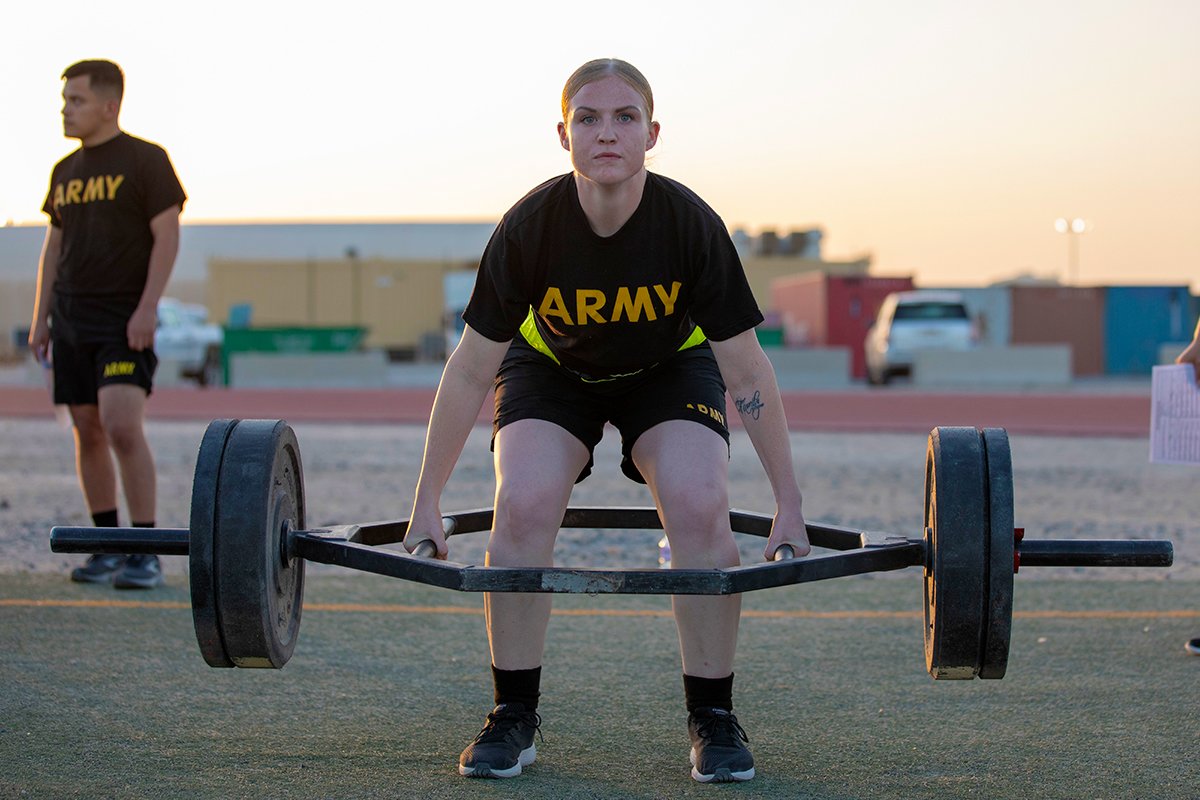
A wheeled vehicle mechanic assigned to Area Support Group Kuwait performs a deadlift repetition during the Army Combat Fitness Test for the US Army Central 2021 Best Warrior Competition June 21, 2021, at Camp Buehring, Kuwait. US Army photo by Staff Sgt. True Thao.
The Army revealed its long-awaited Army Combat Fitness Test Wednesday, March 23, replacing leg tucks with planks and setting age- and gender-based scoring scales. The changes take effect April 1, but they won’t affect soldiers’ records or career prospects until October.
Army officials have spent years trying to replace the previous Army Physical Fitness Test (APFT), which consisted of three events and has been in use since 1983. Now, after numerous modifications and no small amount of controversy, soldiers will be evaluated using a six-event ACFT that includes deadlift, standing power throw, hand-release pushups, a 2-mile run, plank, and the sprint, drag, carry.
“Proud of everyone who worked hard to make the six-event test a reality,” Sgt. Maj. of the Army Michael Grinston wrote on Twitter following the release of the new test. “Gonna give a little more time to adjust to some new changes, then it’s GO TIME.”
One major change is that, despite its name, the test is no longer designed to prepare soldiers for combat. Instead, it’s one step of an Army-wide transition to a holistic health and fitness approach.
Here it is. The #ACFT as approved by @SecArmy.
Proud of everyone who worked hard to make the six-event test a reality. Gonna give a little more time to adjust to some new changes, then it’s GO TIME. pic.twitter.com/p27yQNlrAi
— SMA Michael Grinston (@16thSMA) March 23, 2022
Soldiers will start taking the test as a diagnostic after April 1, but administrative consequences for failing the test won’t kick in right away. That timeline depends on which component soldiers are in.
Active-duty soldiers and those in the Active Guard Reserve are set to start taking the test for entry into their service record on Oct. 1. Scores won’t be incorporated into those soldiers’ promotion points or used as grounds for separation until April 1, 2023, according to the Army.
Reserve and Guard troops, meanwhile, will start taking the ACFT for record in April 2023. Failure to pass won’t put them in jeopardy of separation until April 1, 2024.
The changes follow a congressionally mandated review by the Rand Corp., a nonpartisan think tank. The Army originally sought to develop a test that was gender neutral and based on occupation but soon came under fire from those concerned it would impact the recruitment of women. The 2021 National Defense Authorization Act mandated that an “entity other than the Department of Defense” conduct the study and report the results to the secretary of the Army.
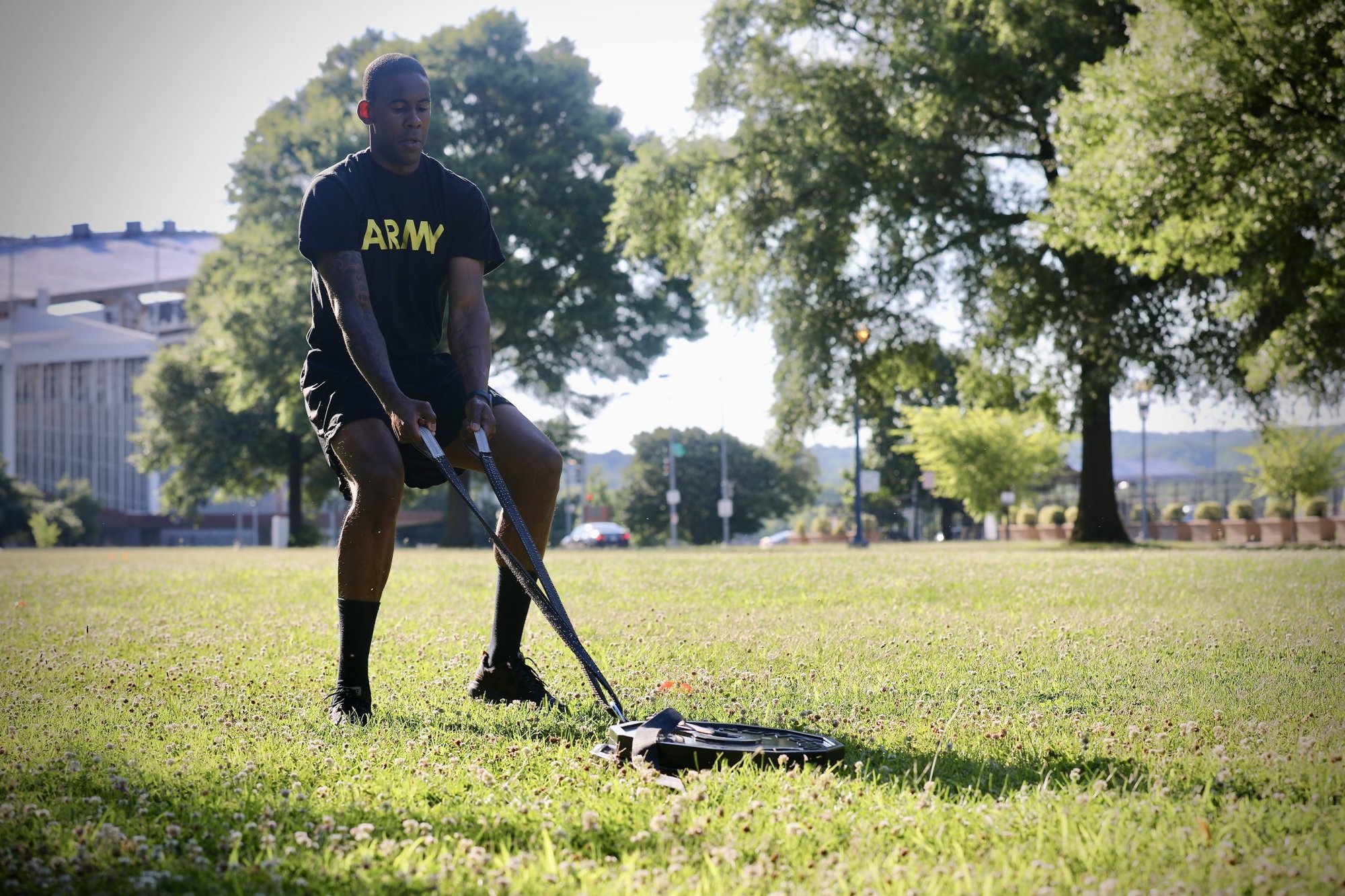
In a study published Wednesday, Rand Corp. researchers found that nearly half of the women in the Army were unable to pass the original ACFT design.
Only 52% of active-duty enlisted women could pass the original design, compared with 92% of men. Only 41% of women in the Reserve and 42% of women in the National Guard were able to pass, according to the study.
“Although some men are not currently meeting the minimums, the available data suggest that women represent the bulk of the workforce that have the potential to go from ‘in good standing’ to ‘not in good standing’ following the implementation of the test for record,” researchers wrote. “As a result, much of the potential impact of the current pass/fail policies will fall on women.”
The final version of the ACFT introduces age- and gender-normed scoring scales, similar to the ones on the old APFT. For example, a female soldier between the ages of 17 and 21 will now have to deadlift between 120 and 210 pounds, while a male in the same age group will have to lift between 140 and 340 pounds to pass the ACFT. Female soldiers will also get more than a minute of extra time in which to complete the 2-mile run.
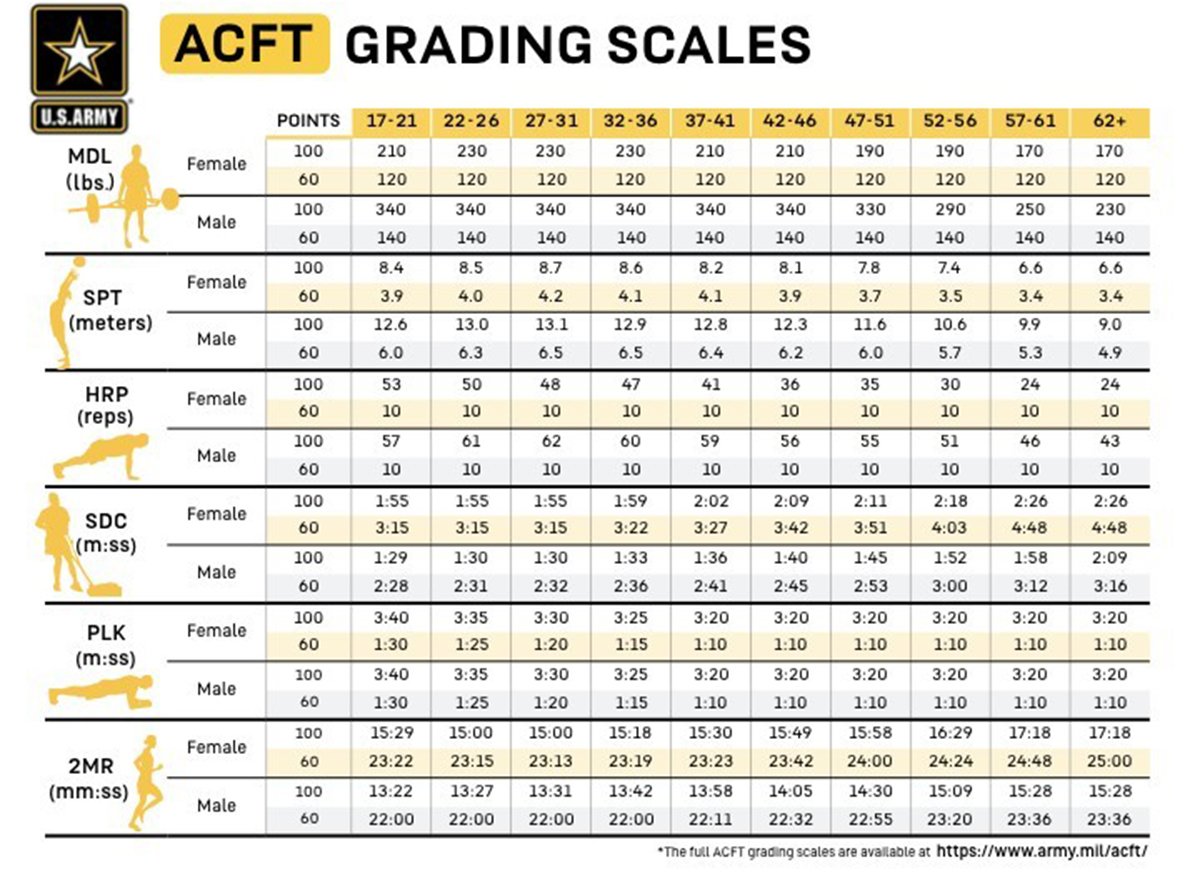
Leg tucks have been replaced with planks to assess core strength. Officials worried leg tucks were not a fair measure of core strength, since the exercises also required soldiers to use upper-body and grip strength. Plank times are the same for both genders under the new ACFT.
The Army will also add a 2.5-mile walk as an alternate aerobic event for soldiers unable to run because of a medical profile.
Much of the controversy surrounding the revamped fitness test has centered around whether soldiers would be held to different standards based on their genders. In a letter preceding the passage of the 2021 defense bill, Democratic Sens. Kirsten Gillibrand and Richard Blumenthal raised concerns regarding a “performance gap” between men and women on the ACFT.
“We acknowledge that the ACFT 2.0 is a work in progress, but we have considerable concerns regarding the negative impact it may already be having on so many careers,” the senators wrote.
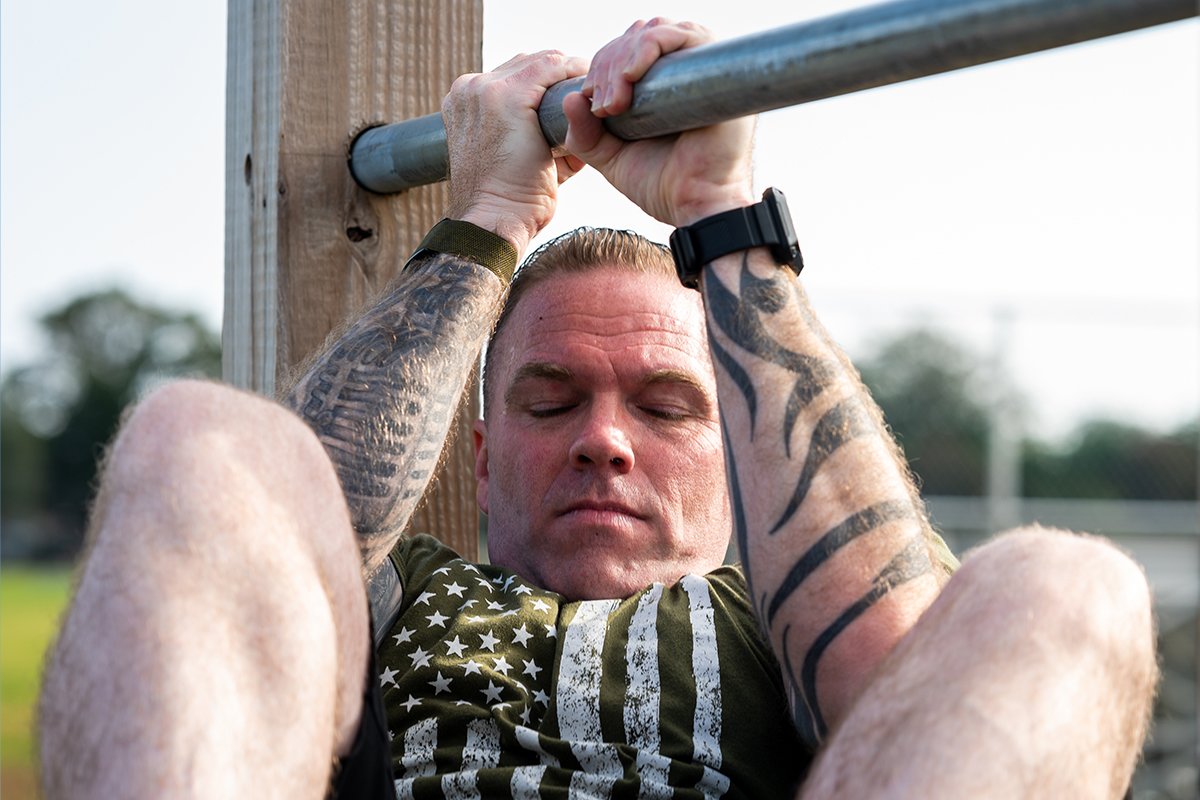
The Service Women’s Action Network asked Congress to halt implementation of a previous version of the test in 2020, writing that “too many otherwise qualified soldiers are failing elements of the test.”
But several high-profile female soldiers have spoken out against gender-based fitness tests, including Capt. Shaina Coss, the first woman to lead Army Rangers in combat, and Capt. Kristen Griest, the Army’s first female infantry officer.
In a 2021 op-ed for the Modern War Institute at West Point, Griest argued gender-based scoring not only jeopardized mission readiness but also “reinforced the false notion that women are categorically incapable of performing the same job as men.”
“Once the Army determines the right standard to which soldiers should train, the final version of the ACFT should hold men and women in combat arms to it equally,” she wrote. “Failing to do so will further marginalize women in these units rather than protect them, and will hurt the Army rather than prepare it.”
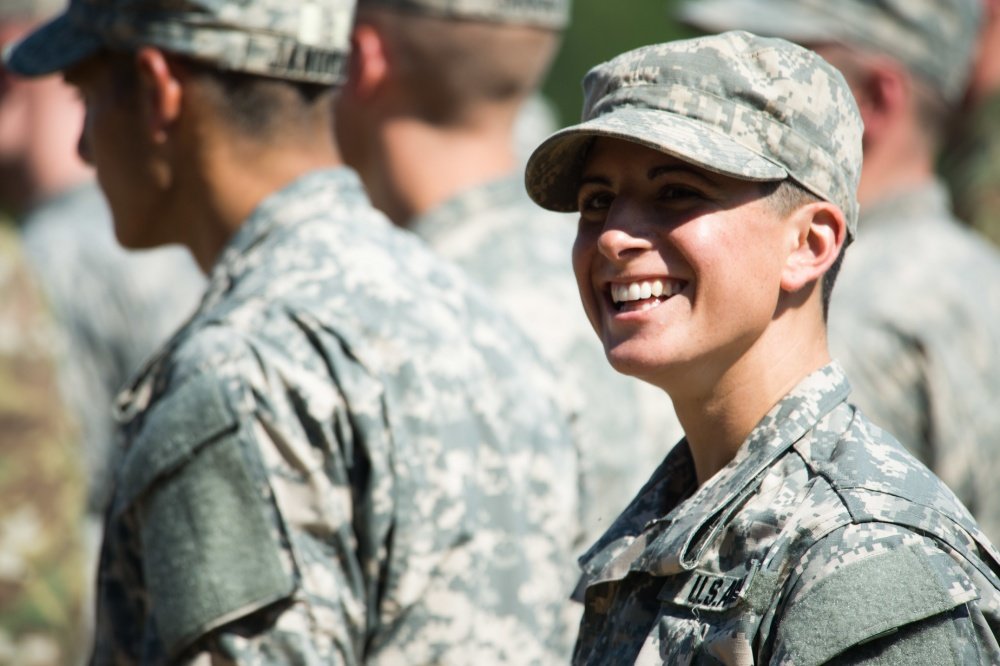
In their review, researchers also sought to determine whether the proposed ACFT would impact critically short career fields. The fields with the highest overall fitness test failure rates included animal care, cooks, ammunition stock control, and human resources. Researchers also found that several medical fields “for which retention issues are well documented” had high failure rates regardless of gender, including behavioral health specialists, pharmacy specialists, and operating room specialists.
Researchers recommended considering changing how the ACFT was scored to align with job-specific physical demands, ensure a mechanism is available to address “exceptional circumstances,” and collect data on the impact of the ACFT on talent management outcomes.
The test’s heavy focus on — often very expensive — training gear also placed burdens on some troops, particularly part-time service members. In response, the Army said it had distributed more than 40,000 sets of equipment, 60% of which was designated for soldiers in the Army Reserve and National Guard. Army officials encouraged units to coordinate and use the equipment for physical readiness training, including on drill weekends, so that soldiers would be familiar with the events before testing.
Read Next:

Hannah Ray Lambert is a former staff writer for Coffee or Die who previously covered everything from murder trials to high school trap shooting teams. She spent several months getting tear gassed during the 2020-2021 civil unrest in Portland, Oregon. When she’s not working, Hannah enjoys hiking, reading, and talking about authors and books on her podcast Between Lewis and Lovecraft.
BRCC and Bad Moon Print Press team up for an exclusive, limited-edition T-shirt design!
BRCC partners with Team Room Design for an exclusive T-shirt release!
Thirty Seconds Out has partnered with BRCC for an exclusive shirt design invoking the God of Winter.
Lucas O'Hara of Grizzly Forge has teamed up with BRCC for a badass, exclusive Shirt Club T-shirt design featuring his most popular knife and tiomahawk.
Coffee or Die sits down with one of the graphic designers behind Black Rifle Coffee's signature look and vibe.
Biden will award the Medal of Honor to a Vietnam War Army helicopter pilot who risked his life to save a reconnaissance team from almost certain death.
Ever wonder how much Jack Mandaville would f*ck sh*t up if he went back in time? The American Revolution didn't even see him coming.
A nearly 200-year-old West Point time capsule that at first appeared to yield little more than dust contains hidden treasure, the US Military Academy said.












